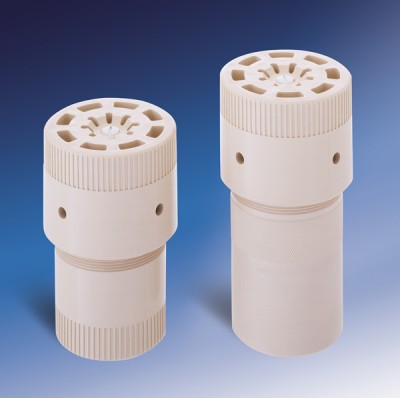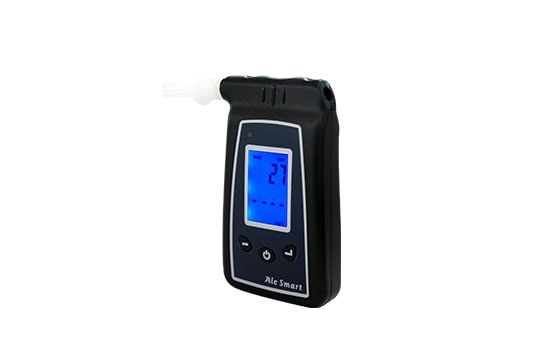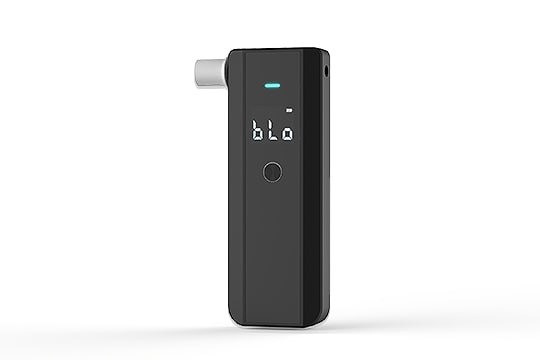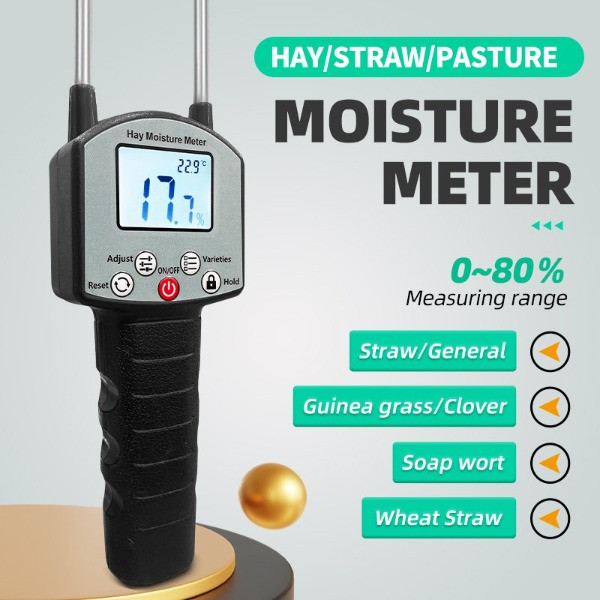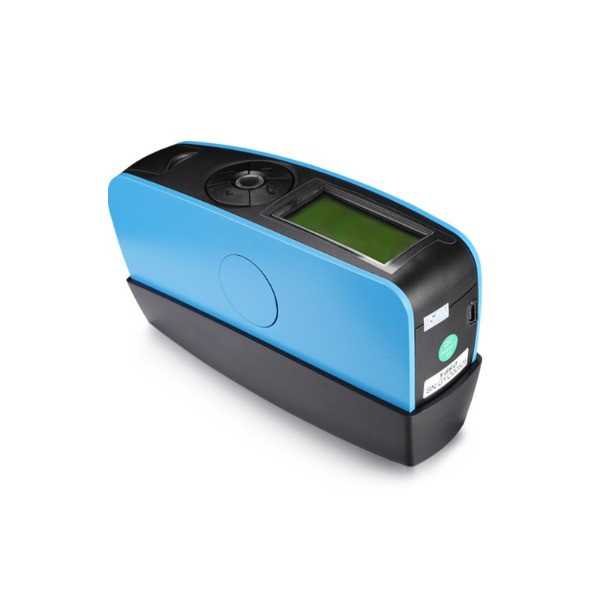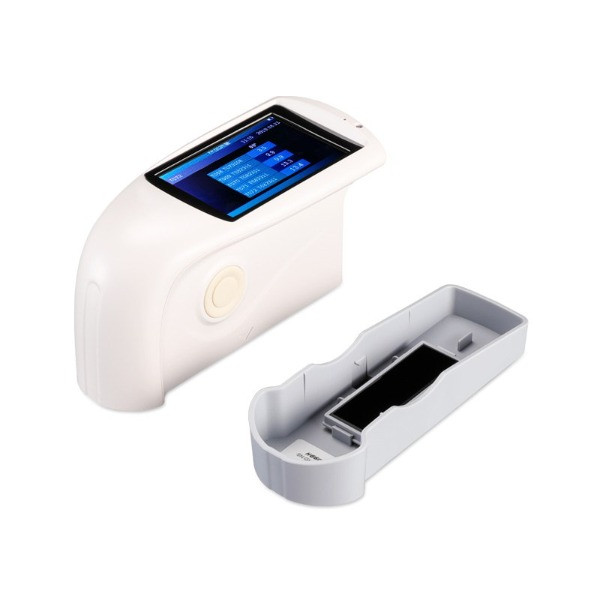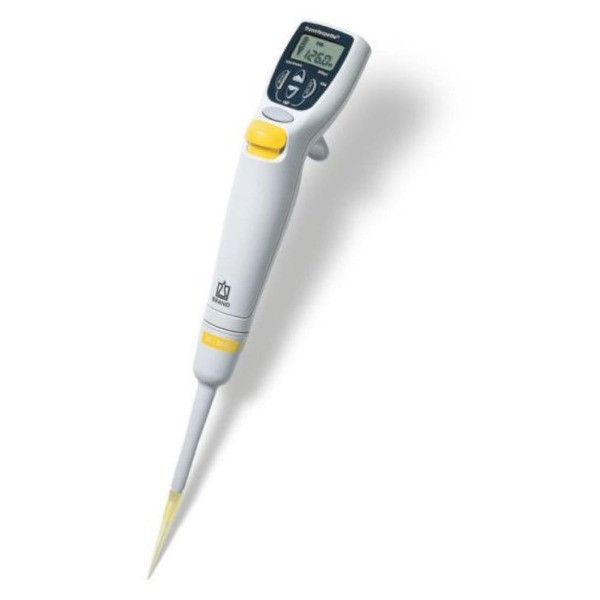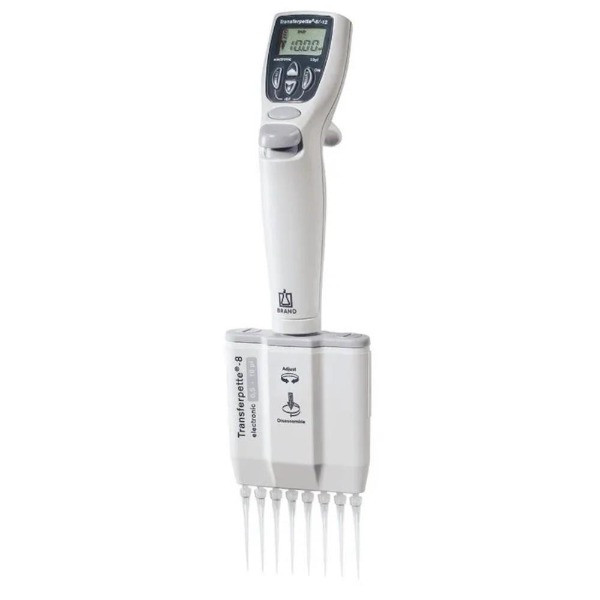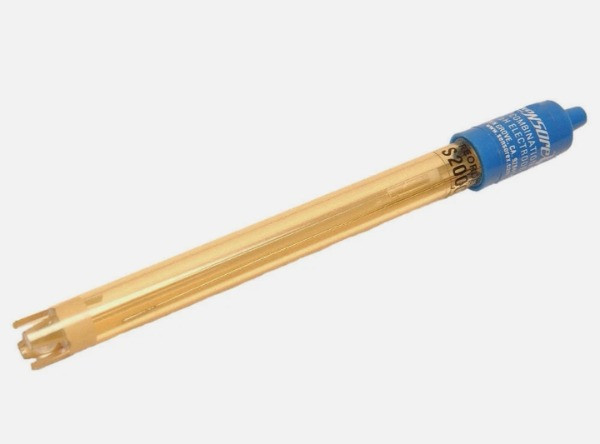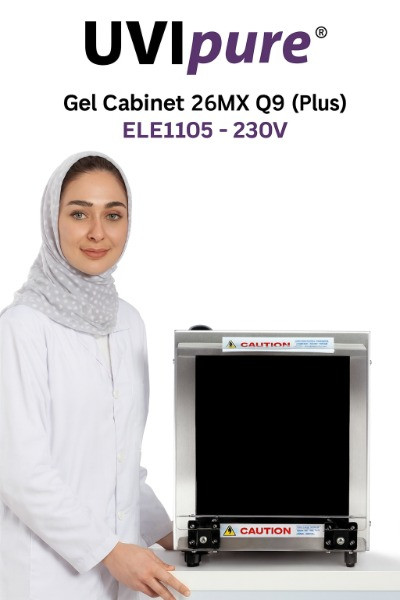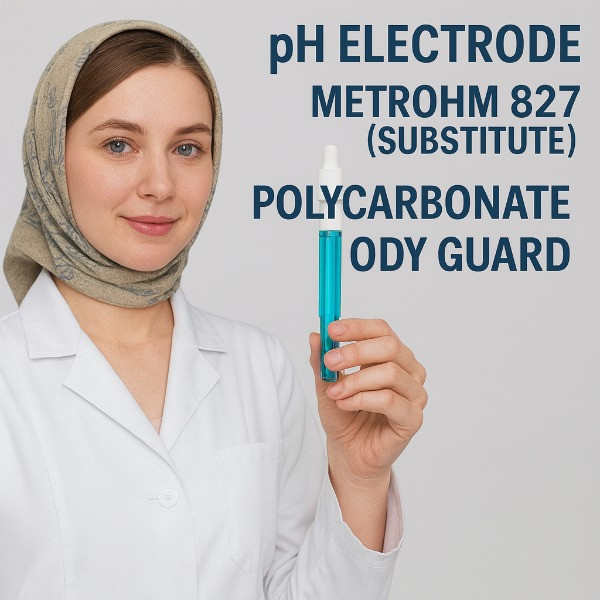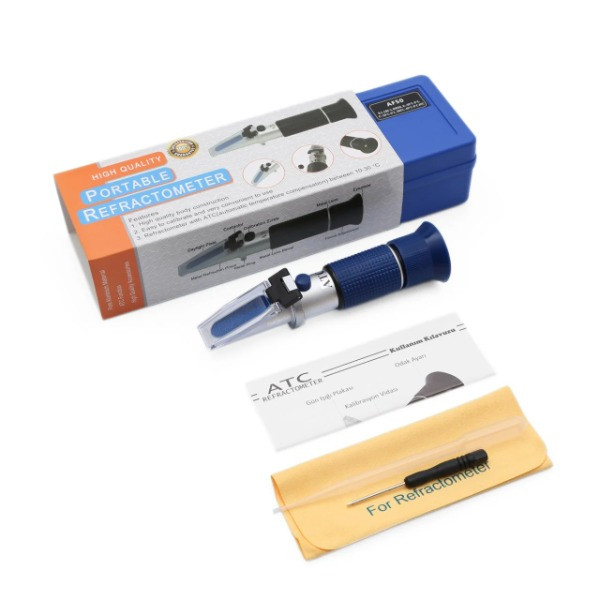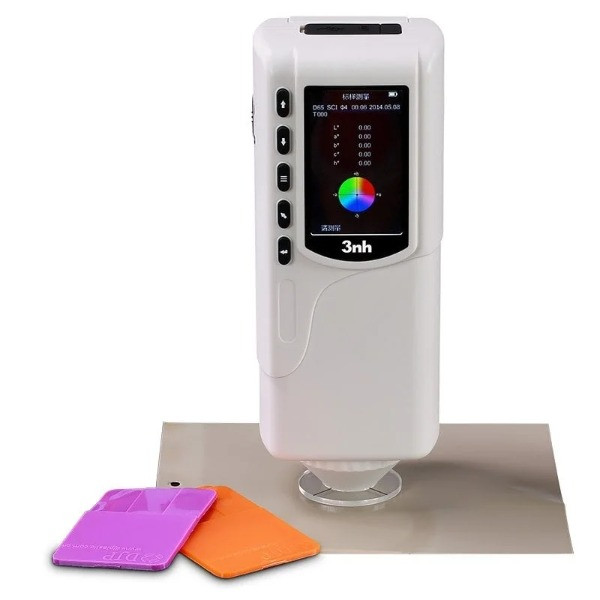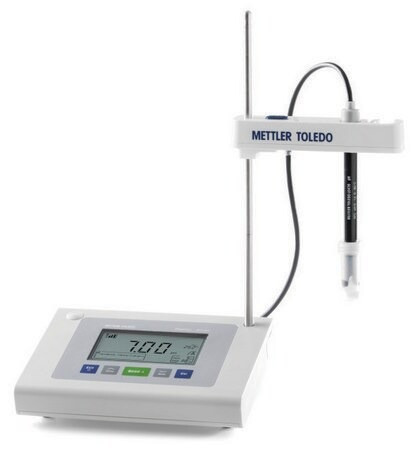یکسال گارانتی
ده سال خدمات پس از فروش
Parr Microwave Acid Digestion Vessels provide:
- Fast digestion times.
- Temperatures to 250 °C.
- Pressures to 1200 psi.
- Complete containment of volatiles.
- Freedom from metal contamination.
Microwave Digestion Vessels
To expand the usefulness of its unique acid digestion vessels, Parr has developed a line of chemically-inert vessels in which microwave heating can be used for rapid sample dissolution in a sealed vessel. These vessels can be placed directly in a microwave oven for specific, high speed heating to drastically reduce the time required to dissolve or digest an analytical sample. They are made in two sizes that can be heated in any of the commercial microwave ovens regularly offered for household use. Specially constructed and/or vented ovens are not required.
Speed Analytical Procedures
The aggressive digestion action produced at the higher temperatures and pressures generated in these vessels result in remarkably short digestion times, with many materials requiring exposures of less than one minute to obtain complete dissolution. And because of their unique, high strength design, they provide a much more vigorous action that can be obtained with open-cup microwave digestion systems that are restricted to lower temperatures and pressures. In addition, there is no loss of volatile matter from these sealed vessels, and the sensitive parts of a microwave oven are not subjected to corrosive acid fumes.
The rapid cycle time (approximately 20 to 30 minutes, including time for cooling) offered by this procedure allows digestions to be carried out in multiple steps, if desired, either for analytical or safety reasons. Acid can be added in several steps, or different acids can be added to dissolve inorganics after an organic matrix has been destroyed.
Equally important in the list of advantages offered by these vessels is the elimination of all metal from the vessel structure. With all body parts made of a high strength polymer there are no metal parts subject to corrosion, as with metal jacketed vessels, and no possible sources of metallic ion contamination.
Unique Safety Features
Several unique sealing and safety features have been incorporated into the design of these vessels. The PTFE sample cup is closed with a self- sealing, PTFE O-ring that eliminates the need to pre-load the cup in order to secure a tight seal. This also eliminates the effects of differential thermal expansion during heating and cooling cycles while providing a chemically inert, all PTFE system.
For overpressure protection, the closure in these vessels includes a compressible relief disc that operates in conjunction with the O-ring cup seal to release any excessive pressure if it should develop to a point at which it might destroy the vessel and oven. When pressure in the vessel reaches approximately 1500 psi, the relief disc will be compressed sufficiently to release the support for the O-ring. At this point, the unsupported O-ring will blow out, releasing pressure from within the cup. In most cases all parts of the vessel except the O-ring will be reuseable after this event if they are promptly and carefully cleaned and inspected following the pressure release.
A Built-In Pressure Indicator
As pressure in the sample cup increases and the relief disc is compressed, a retaining screw, which is normally flush with the top of the vessel cap, will protrude above the top surface. The head of this screw will rise approximately 1/32 inch for each 500 psi of pressure in the vessel. Thus, by monitoring the extension of the screw head, the user will have a visual estimation of the pressure within the vessel.
This release mechanism has been designed to protect against the relatively gradual pressure build-up that can result from overheating the contents of the vessel. But no relief mechanism can protect against the destructive forces produced by materials that detonate or explode within a vessel of this type.
A Microwave Transparent Body
The body and screw cap for these vessels are made of a microwave-transparent polymer which has good mechanical strength at temperatures up to 150 °C, and which serves also as an excellent heat insulator for the PTFE sample cup. Since heating is developed internally within the cup, temperatures in the outer, high strength body will seldom exceed 50 °C.
Pressure and Temperature Limits
Working pressures up to 1200 psi (8.27 Mpa) and reactant temperatures up to 250 °C can be developed safely in these vessels, but these limits must not be exceeded. Obviously, it is much easier to specify these limits than it is to describe how to ensure that they are carefully observed, since there is no pressure gage on these vessels and no internal temperature probe. Actually, the 1200 psi pressure rating assumes that the containment parts of the vessel will always remain at temperatures below 50 °C. This will normally be the case, since microwave energy is directed into the sample itself and not into the containment vessel. Although high temperatures are developed within the sample, this is accomplished without the introduction of large amounts of heat. And the energy that is directed into the sample is rapidly dissipated into the PTFE cup and the outer vessel. The vessel itself will become warm to the touch as the contents cool, but it should not reach temperatures above 50 °C.
Users can get a preliminary estimate of the effective heating rate of their microwave oven by heating a small amount of the sample and its digestion medium in an open PTFE cup, and observing the time required to bring the medium to boiling. Most domestic ovens will generate internal temperatures in the range of 200 °C within one minute when using the 4781 or 4782 Vessel. More powerful units will be significantly faster. After removing the vessel from the oven it normally will cool down to ambient temperature within 20 or 30 minutes with forced air circulation. Excessive deformation of the cup, its sealing ring, or significant acid leakage are clear indications that excessive temperatures and/or pressures are being generated.
